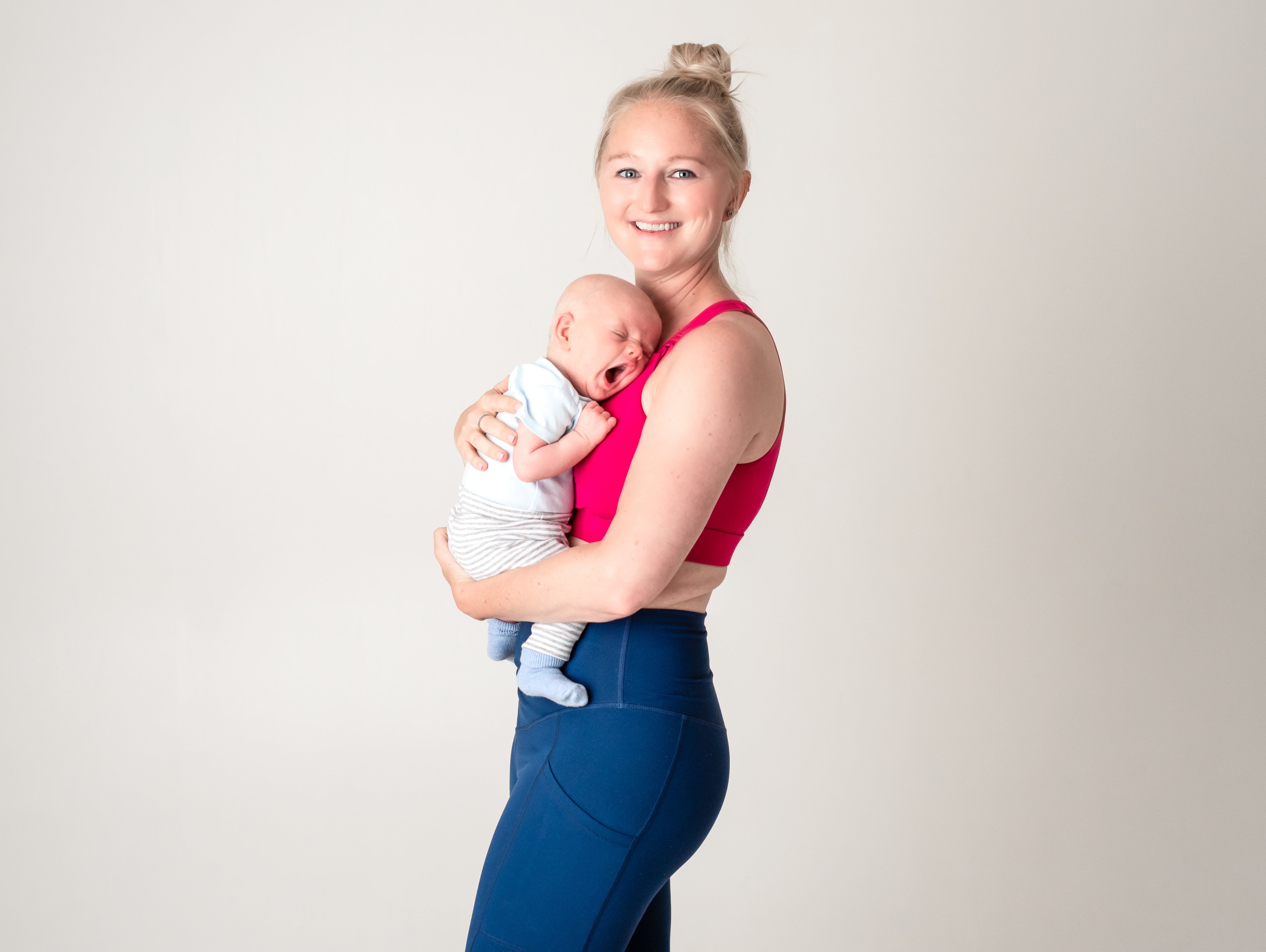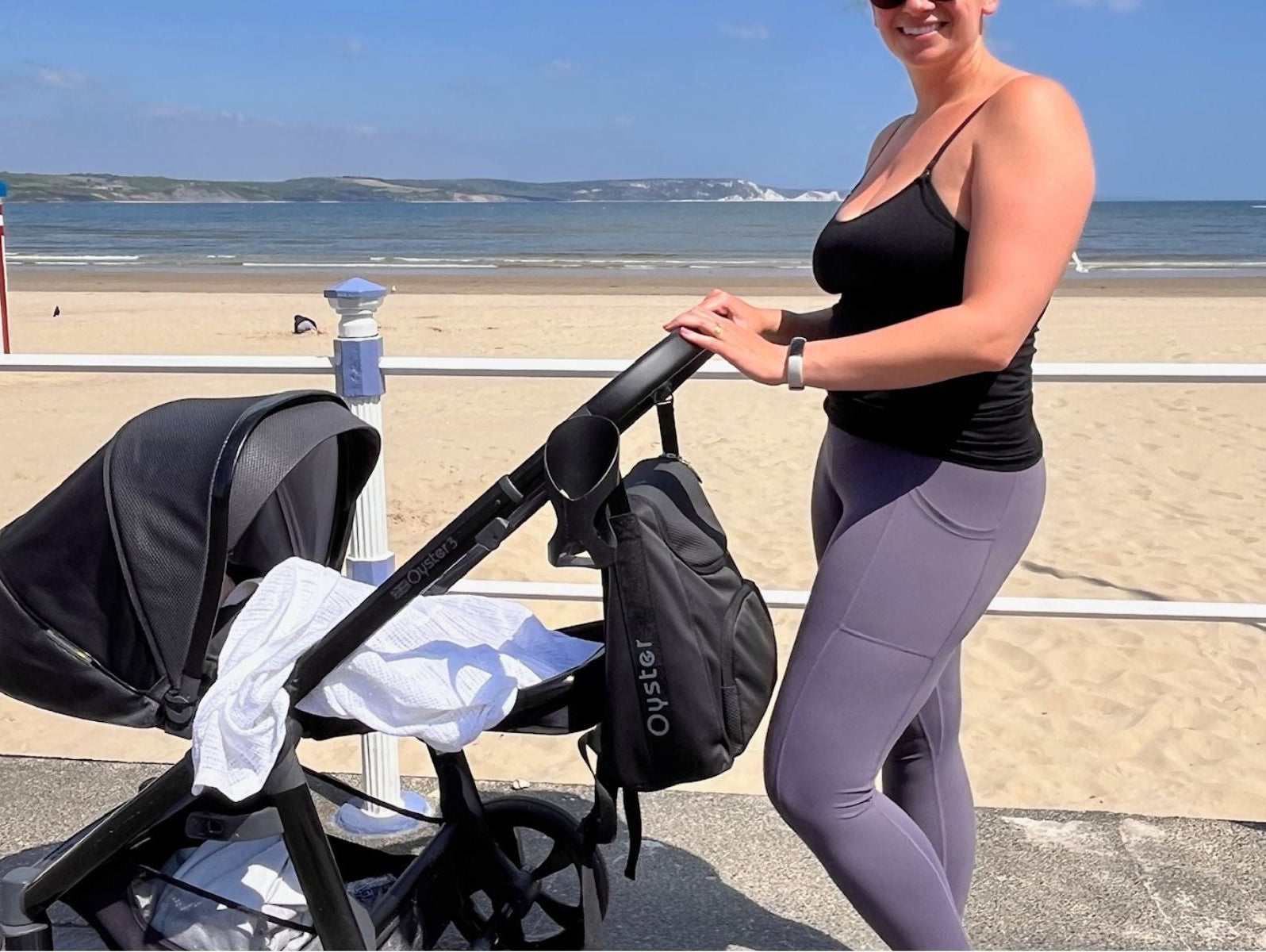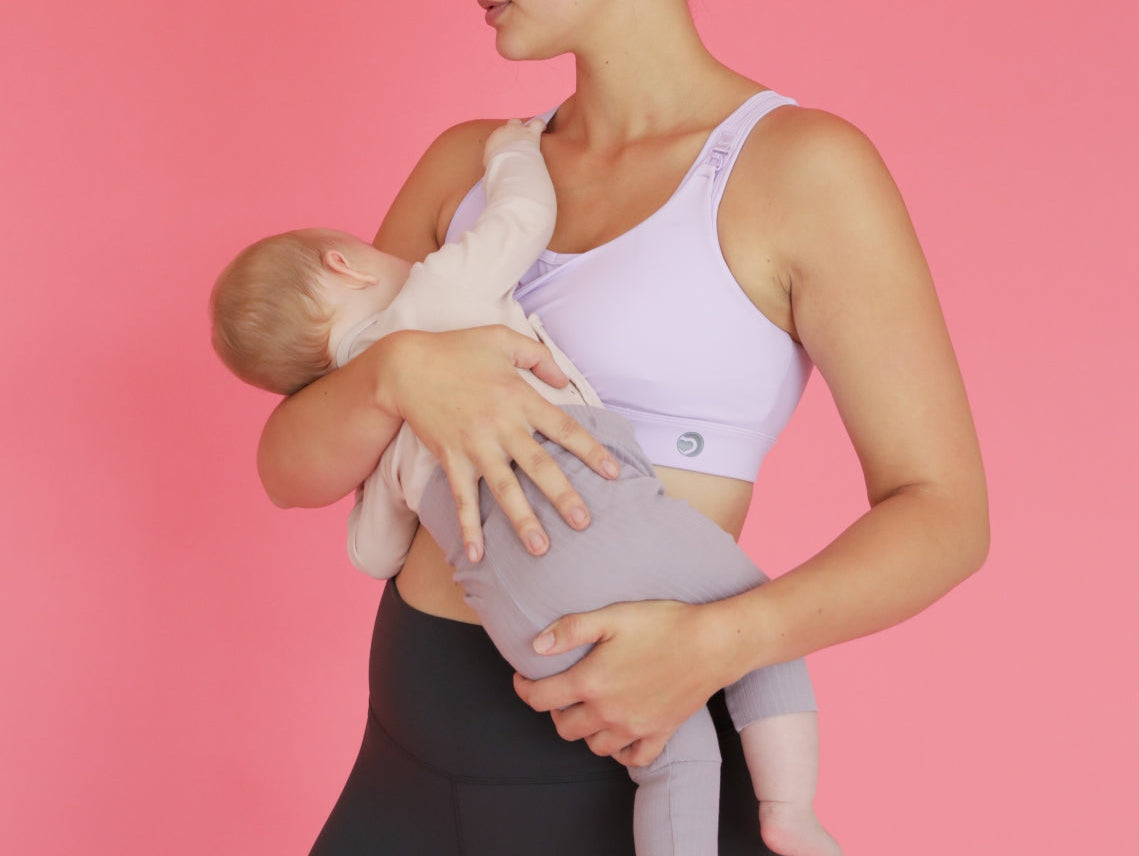One of the things that motivated me to start Natal Active was my experience of running in pregnancy and finding a total lack of maternity activewear. But my experience of running through three pregnancies is probably one of the things I am asked about more than any other. Here are a few of my thoughts on running when pregnant, and whether you ever get your running fitness back.
There probably isn’t a comment I haven’t heard when it comes to running with a bump. Everything from the really inventive ‘you must be mad’ (no), to ‘are you sure that’s a good idea’ (yes), ‘you’ll make the baby come early’ (not one of them was) and ‘you know that can cause a miscarriage, don’t you?’ (it can’t and it didn’t).
Running in pregnancy is a totally personal thing. If you’ve never run before then for sure, it’s really not the time to buy your first running shoes. But if you’re a regular runner and you want to keep it up, providing you are otherwise fit and well, there really isn’t a reason to stop. Given the NHS says its fine to do as long as you feel comfortable, personally they are the experts I’d listen to.
So how can you prepare to run when pregnant, what are the benefits and what do you need to watch out for?
Reasons to keep running when pregnant
The reality is that the more you can keep up some form of exercise in pregnancy, the better you will be able to weather the many changes you will experience both mentally and physically. Aside from being great for a spot of fresh air (unless you’re a treadmill fan), it can help reduce anxiety, the risk of gestational diabetes, pre eclampsia, and more. Not to mention the fact that regular exercise is believed to help labour go more smoothly and ease your recovery afterwards.
But can running when pregnant hurt the baby?
As long as you have a low-risk, healthy pregnancy, running won’t do your baby any harm. If, however you have any complications such as placenta issues or bleeding for example, or if you are carrying multiples, then running is probably not the activity for you and you should talk to your doctor or midwife about alternative forms of exercise that might be more suitable. Always talk to your caregiver before starting any kind of exercise programme just to be sure.
What should I be careful of when running in pregnancy?
Firstly, it is vital to stay well hydrated and not get too hot, especially in the first trimester. As you get bigger your centre of gravity can also change so be aware of where you are running and aim to stay on even surfaces to avoid falls.
Most importantly, listen to your body. As your ligaments start to loosen in the later stages you may feel more aches and pains and find it’s easier to pick up an injury.
If it gets too uncomfortable, stop and try something more low impact. There are no medals for running your way in to the delivery suite and you could end up doing yourself more harm than good! I ran to 32, 26 and 37 weeks in each of my own pregnancies. Every person is different and every person’s pregnancy experience will vary. With my second I could feel the pain in my hips and switched to spinning as an alternative.
Also ensure that throughout (and after. And for the rest of your life.) you are doing regular pelvic floor exercises. And that you are doing them PROPERLY. Running is probably one of the worst things you can do in terms of putting additional strain on that area and it is vital that you protect it as best you can.
What other changes might I notice as a pregnant runner?
In the early days you may quickly notice that you feel much more out of breath and your mileage naturally slows a little, despite there being no visible signs of pregnancy. This is due to the increased blood volume in your body that you are having to work much harder to push around.
Try not to feel too disheartened and accept this is all part of a new experience – although if you run with others you may want to have some excuses up your sleeve if they start to question why you’ve slowed down! My running club were always amongst the first to know of my pregnancies – mainly as I’d noticed a real difference in my effort by about 8 weeks.
The other big change, especially later on, is the frequency of loo stops! As the baby grows it stands to reason that it will be trampolining on your bladder as you jog your way around. This is where cross country runs come in to their own – lots of discreet places to take wild wees 😉
If you find that you are experiencing any continence issues while running, this is a sure-fire sign that you need to pay some attention to your pelvic floor muscles. Ensure you are doing regular pelvic floor exercises and if you find this isn’t making a difference, you’d be well advised to swap to a low impact exercise such as spinning for the remainder of your pregnancy. Those muscles are under enough strain with your growing bump and it’s really not worth putting them under more when there could be long term consequences. Its worth seeing a women’s health physio for some professional advice before you have the baby if you have any concerns – they aren’t just there for support after.
Will I ever return to form?
Liz McColgan won a world championship a year after having a baby and Paula Radcliffe picked up her second New York marathon title just 10 months after her first. Personally I ran a marathon PB after baby 3 (and I am most definitely not a Paul Radcliffe!)
Chances are if you’re reading this, you probably aren’t a professional athlete either, but although you may not think it now, you WILL get back to form and you’ll probably be surprised how quickly. If you are a regular runner you can take the entire pregnancy off and within a few months of restarting you’ll amaze yourself at how quickly it comes back, even if you do have to get your ego over starting back on a couch to 5k plan . Don’t let a fear of losing form, push you beyond your limits.
However long you choose to run into your pregnancy, remember pregnancy itself is a marathon, not a sprint. Do the best you can to protect yourself at each stage and you increase your chances of being able to run for longer. And if it doesn’t work out and you find its all too hard, stop, swap for something else, and ease your way back into it when you’ve recovered from the birth. Keeping yourself fit and healthy is the aim here, not winning any records.




